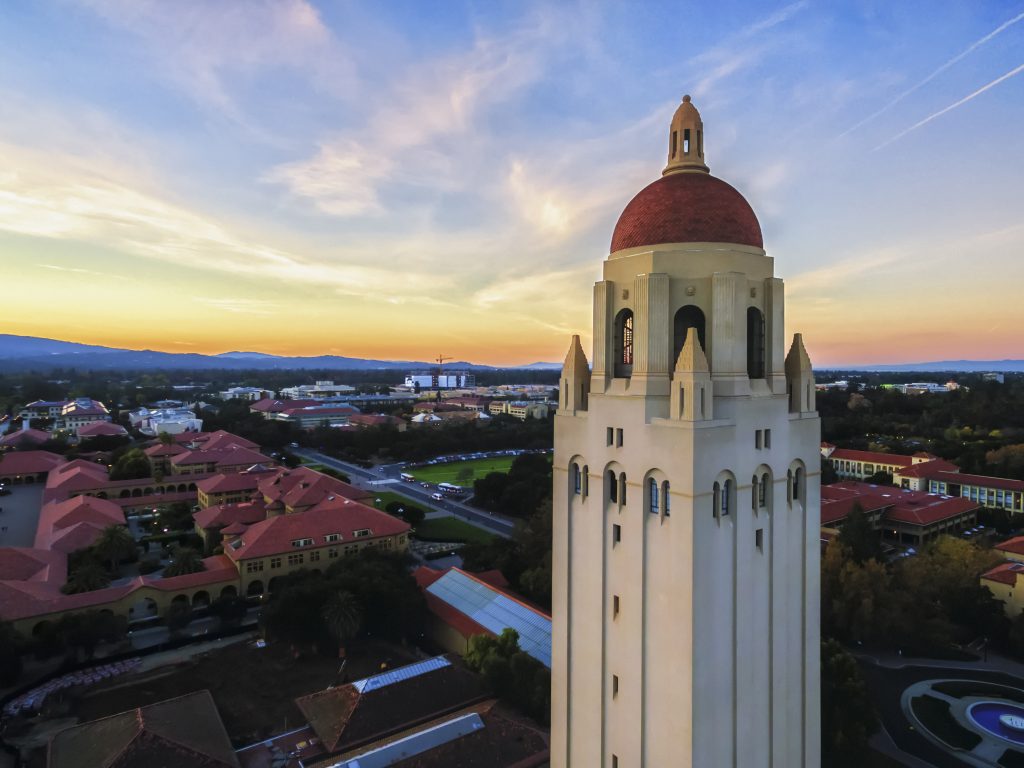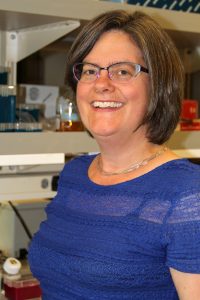
In profile: Marion Buckwalter
For this profile, we welcome Marion Buckwalter, Professor of Neurology and Neurological Sciences, and Neurosurgery at The Stanford University School of Medicine. She is the Stroke-IMPaCT Network Lead for North America.
 Who are you and where are you based?
Who are you and where are you based?
I am Marion Buckwalter, MD PhD. I’m a neurocritical care and stroke physician and researcher at Stanford University. I am also a Deputy Director of the Wu Tai Neurosciences Institute, head of their committee on Diversity, Inclusion, Belonging, Equity, and Justice, and I co-lead the Stanford Stroke Recovery Program.
Can you briefly describe the research that you do?
I study how the immune system’s response to stroke affects long-term outcomes after stroke in people and in animal models. I’m passionate about improving cognitive outcomes and developing methods to prevent dementia after stroke.
My basic science research group is interested in how different types of immune cells and glia cooperate to clear away dead tissue after stroke and understanding how to prevent harmful side effects of this clearance. When he was a postdoc in my lab, network member Kristian Doyle discovered that late after stroke mice develop B and T lymphocyte infiltration into the brain, and that B lymphocytes are necessary for late/delayed cognitive decline after stroke. His lab’s work has gone on to give us great explanations for why this is happening.
In parallel, my clinical research group is studying post-stroke cognitive decline in humans. Our ongoing study with The University of Manchester (funded by the Wu Tsai Neurosciences Institute, The American Heart Association, The Allen Frontiers Group, and now the Leducq Foundation), is collecting detailed information on cognitive and immune function after stroke in people to try to understand whether there may be treatable causes of post-stroke cognitive decline in people. A top candidate is the immune process we’ve discovered in our mouse models.
What is your role in the Stroke-IMPaCT Network?
I am the North American lead of our network and I run the administrative parts with Stuart Allan in Manchester. I also supervise the clinical study here, as well as basic science research in my lab.
What are you enjoying most about being part of this network?
This network represents all the enjoyable and productive parts of the science I do. We have 8 research groups involved, who are all experts in their fields and all interested in infection, inflammation, and cognition after stroke.
I really love that we have clinical science as well as basic science, and that we have so many outstanding trainees. We sponsor trainee awards to encourage collaboration and the trainees give talks every month – they very much drive the science and it’s really inspiring to watch their energy and creativity get applied to the research. I also really enjoy my interactions with the other PIs and feel that we are creating long-lasting scientific collaborations.
We are also doing things in the network that will create resources for our entire field, and I’m really excited about that. With animal models, we are working on developing reproducible models so that we can test therapies simultaneously in multiple labs. This would really increase the rigor and translatability of our findings, and we will also be able to explore any differences we see between labs and hopefully explain them.
With our human studies, we hope to build anonymised sets of data and biosamples (blood and immune cells and sometimes CSF) and make this available to the community so that scientists outside the network can apply to test their hypotheses using our data and biosamples. The future is bright!
What else?
Outside the lab I am passionate about social justice and the environment. I love to run and hike and enjoy all the great outdoors here in beautiful Northern California.
Contacting me
I really enjoy new collaborations and discussing stroke-related research. I’m happy to hear from you by email at marion.buckwalter@stanford.edu.






0 Comments